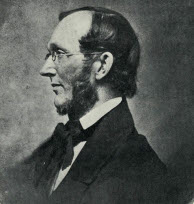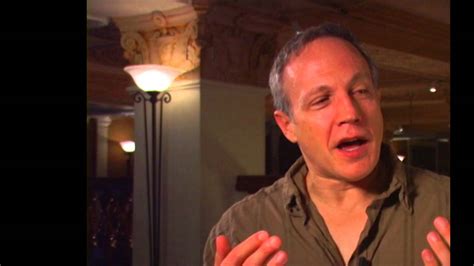A Quote by William Shakespeare
Tis in ourselves that we are thus or thus. Our bodies are our gardens to the which our wills are gardeners.
Related Quotes
Tis in ourselves that we are thus or thus. Our bodies are our gardens, to the which our wills are gardeners: so that if we will plant nettles, or sow lettuce, set hyssop and weed up tine, supply it with one gender of herbs, or distract it with many, either to have it sterile with idleness, or manured with industry, why, the power and corrigible authority of this lies in our wills.
Its [the anthropological method] power to make us understand the roots from which our civilization has sprung, that it impresses us with the relative value of all forms of culture, and thus serves as a check to an exaggerated valuation of the standpoint of our own period, which we are only too liable to consider the ultimate goal of human evolution, thus depriving ourselves of the benefits to be gained from the teachings of other cultures and hindering an objective criticism of our own work.
We are completely unaware of our true nature because we identify ourselves with our body, our emotions and our thoughts, thus losing sight of our unchanging centre, which is pure consciousness. When we return to our true nature, our thoughts and perceptions no longer appear as modifications of a single substance, they come into being and subside like waves of the ocean.
It is often by a trivial, even an anecdotal decision, that we direct our activities into a certain channel, and thus determine which of the potential expressions of our individuality become manifest. Usually we know nothing of the ultimate orientation or of the outlet toward which we travel, and the stream sweeps us to a formula of life from which there is no returning. Every decision is like a murder, and our march forward is over the stillborn bodies of all our possible selves that will never be.
Why should it be thought incredible that the same soul should inhabit in succession an indefinite number of moral bodies? Even during this one life our bodies are perpetually changing, through a process of decay and restoration; which is so gradual that it escapes our notice. Every human being thus dwells successively in many bodies, even during one short life.
God knows what is my greatest happiness, but I do not. There is no rule about what is happy and good; what suits one would not suit another. And the ways by which perfection is reached vary very much; the medicines necessary for our souls are very different from each other. Thus God leads us by strange ways; we know He wills our happiness, but we neither know what our happiness is, nor the way. We are blind; left to ourselves we should take the wrong way; we must leave it to Him.
In order to find God in ourselves, we must stop looking at ourselves, stop checking and verifying ourselves in the mirror of our own futility, and be content to be in Him and to do whatever He wills, according to our limitations, judging our acts not in the light of our own illusions, but in the light of His reality which is all around us in the things and people we live with.
The image of the Goddess inspires women to see ourselves as divine, our bodies as sacred, the changing phases of our lives as holy, our aggression as healthy, our anger as purifying, and our power to nurture and create, but also to limit and destroy when necessary, as the very force that sustains all life. Through the Goddess we can discover our strength, enlighten our minds, own our bodies, and celebrate our emotions. We can move beyond narrow, constricting roles and become whole.
The three branches of somaesthetics: the analytic study of the body's role in perception, experience, and action and thus in our mental, moral, and social life; the pragmatic study of methodologies to improve our body-mind functioning and thus expand our capacities of self-fashioning; and the practical branch that investigates such pragmatic methods by testing them on our own flesh in concrete experience and practice.
Thus is Jesus in all respects fitted for his mighty work of redeeming. He is very man and very God. He is the seed of the woman, the seed of Abraham, the seed of David, the son of Mary, yet God over all, blessed forever. Thus He can bear our sins; He can sympathize with our sorrows; He can fight our battles; He can love as a man, a fellow man, bone of our bone, and flesh of our flesh.





































